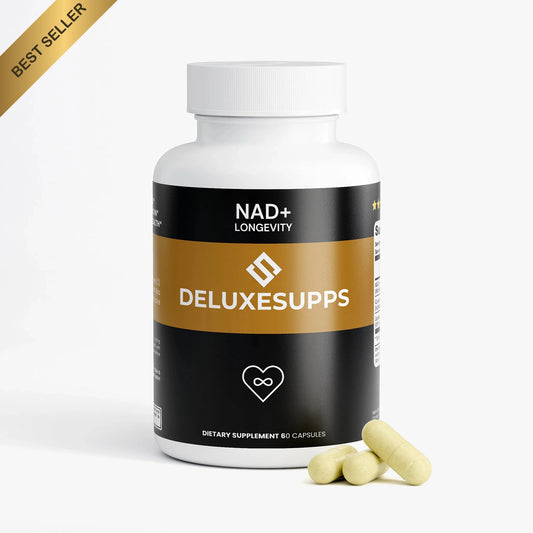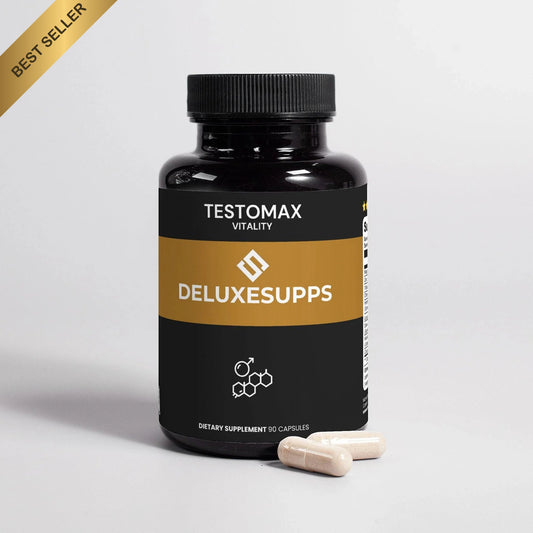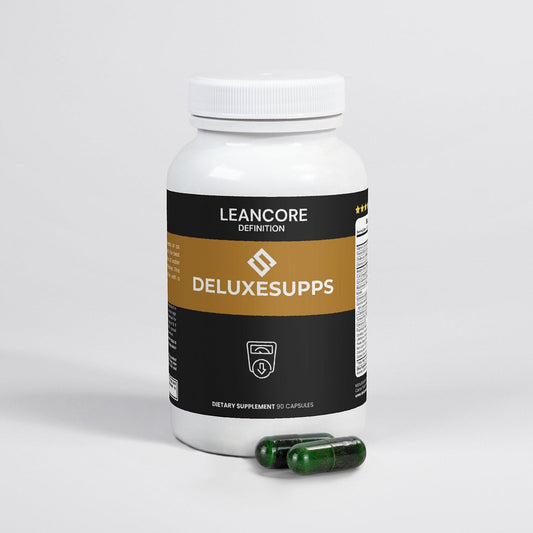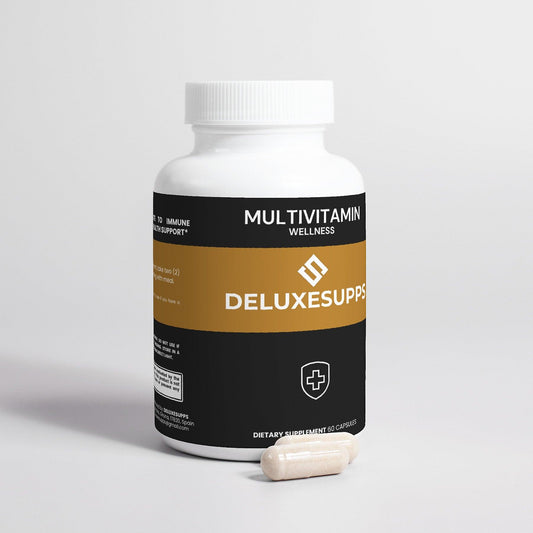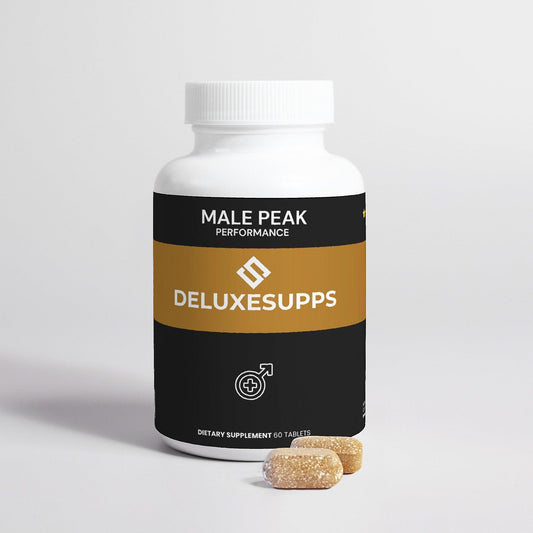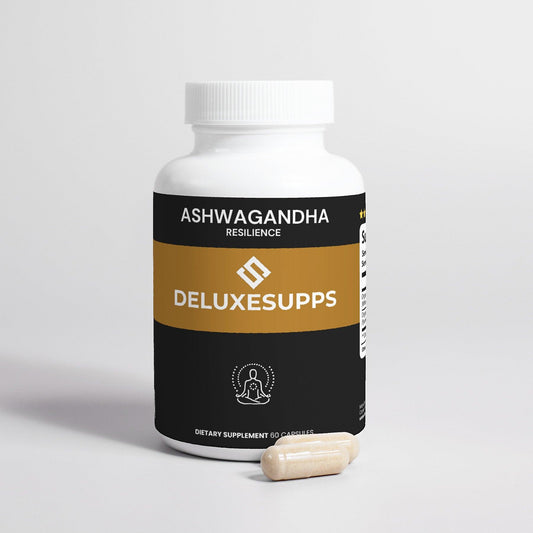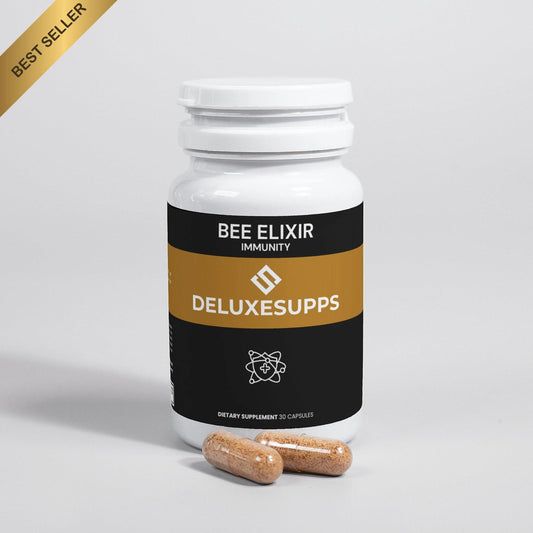Updated on: 2025-11-18
Table of Contents
- Product spotlight: what defines a high-quality nootropic choline supplement
- How to choose a nootropic choline supplement for cognitive support
- Personal experience evaluating a choline-based nootropic supplement
- Summary and recommendations for nootropic choline supplements
- Questions and answers on nootropic choline supplements
- What is a nootropic choline supplement and how does it work?
- Are choline nootropic supplements safe and what are the side effects?
- CDP-choline vs Alpha-GPC: how to compare the two forms
- About the author: perspective on nootropic choline supplements
A nootropic choline supplement is a popular category among consumers who want an organized, transparent approach to choline intake. In this article, the term “nootropic choline supplement” refers to dietary products that supply choline in bioavailable forms for everyday use. The aim is to help you assess labeling, ingredient quality, and form selection, so you can choose with clarity. This guide does not offer medical advice or claim outcomes. Rather, it provides neutral, practical information on how to compare a choline nootropic supplement, including choline-based nootropic supplement formats such as CDP-choline and Alpha-GPC.
Product spotlight: what defines a high-quality nootropic choline supplement
When people search for the best nootropic choline supplement for focus and memory, they often meet a crowded marketplace. The label and manufacturing details tell most of the story. Two common forms lead this category: CDP-choline (also known as citicoline) and Alpha-GPC. Each is widely used in the supplement industry and appears in products for everyday routines.
CDP-choline typically appears as “citicoline” on labels. It supplies choline and cytidine, which is a nucleotide precursor. Alpha-GPC is a glycerophospholipid form that provides choline attached to a glycerophosphate backbone. Product positioning often highlights one or the other form due to differences in dosage ranges, capsule sizing, and cost structures. Some users prefer one form for capsule count convenience, while others choose based on stack compatibility or budget. A choline-based nootropic supplement that states the exact form and the standardized content per capsule is easier to compare across brands.
Quality markers matter. Look for the choline content per serving, the source of raw materials, and whether the product specifies excipients. Clear serving directions and lot coding demonstrate a controlled process. Packaging that protects from moisture and heat fluctuation supports stability. Many informed buyers also look for third-party testing statements on heavy metals and microbial contaminants, although testing frameworks vary by manufacturer.
Format influences consistency and cost-per-serving. Capsules are simple to measure. Powders allow flexible micro-adjustment but require careful storage. Liquids are less common and may include flavoring components. If your schedule is variable, a capsule format can offer predictable dosing and portability. Regardless of format, a nootropic choline supplement should make the ingredient panel and serving size straightforward to read.
How to choose a nootropic choline supplement for cognitive support
The following step-by-step method can help you compare products and decide how to choose a nootropic choline supplement for cognitive support without guesswork.
- Define your use case. Clarify your routine, preferred timing, and whether you want a stand-alone product or a stack component. There is no single best nootropic choline supplement for focus and memory; selection depends on your constraints and preferences.
- Select the form. Decide between CDP-choline and Alpha-GPC based on capsule count, cost-per-serving, and compatibility with your current regimen. Both forms are commonly used in the market.
- Check the label clarity. Confirm the exact choline amount per serving, the total serving size, and the number of servings per container. Transparent labels make ongoing planning easier.
- Review excipients. Some formulas include flow agents or fillers to improve manufacturing consistency. If you prefer minimalist ingredients, check this section closely.
- Assess quality signals. Look for lot numbers, contact information, storage instructions, and any mention of third-party testing. Consistency indicators are practical markers of process discipline.
- Consider complementary staples. If you maintain a general wellness base, ensure there is no redundancy with your existing stack. Examples include a daily multivitamin such as the Complete Multivitamin or a targeted cellular support product like an NAD+ supplement. Avoid overlapping ingredients unless you have accounted for totals.
- Calculate cost-per-serving. Compare using a consistent unit, such as cost per 300 mg or cost per capsule, to avoid confusion across varying serving sizes.
- Start with minimal complexity. Introduce one new product at a time. A simple, consistent routine makes it easier to attribute your impressions.
- Track tolerance. Keep brief notes on timing, hydration, sleep, and any observed sensitivities such as stomach discomfort or headaches. Individual responses vary.
- Confirm logistics. Before checkout, review order fulfillment terms and the store’s shipping policy to ensure delivery expectations align with your needs.
Personal experience evaluating a choline-based nootropic supplement
While comparing several choline products for editorial research, I focused on label clarity and day-to-day practicality. One Alpha-GPC product stood out for its clear per-capsule choline content and a compact serving size. Storage directions were explicit, and the lot code was easy to find. Another CDP-choline option offered excellent cost-per-serving, but the label used small font sizes that made quick checks more difficult.
To standardize the evaluation, I used a simple checklist: form, choline per serving, excipients, capsule count, and cost-per-serving. That checklist revealed that ease of use often ties back to packaging and label transparency. Consistency of routine, simple storage, and unambiguous presentations were the qualities that made day-to-day use straightforward.
Summary and recommendations for nootropic choline supplements
A nootropic choline supplement is most practical when the form, serving details, and quality signals match your routine. The two most common forms—CDP-choline and Alpha-GPC—both appear in well-regarded products. The better choice depends on your preferred capsule count, stacking approach, and budget. There is no universal “best” option; clarity and consistency create the real advantage.
- Choose a choline form that aligns with your routine and stack.
- Prioritize transparent labels with exact choline amounts per serving.
- Compare cost-per-serving using the same unit across products.
- Introduce one change at a time and observe your tolerance.
For streamlined shopping across categories, browse All products to compare formats and build a simple, consistent routine. Always read product labels in full and consider discussing your choices with a qualified professional if you have questions about personal circumstances.
Disclaimer: This article is for informational purposes only. It does not provide medical advice, diagnosis, or treatment, and it does not claim efficacy for any product or ingredient. Always follow the label directions of any dietary supplement.
Questions and answers on nootropic choline supplements
What is a nootropic choline supplement and how does it work?
A nootropic choline supplement is a dietary product that supplies choline, a nutrient involved in normal cellular and lipid processes. In the supplement market, two forms are common: CDP-choline and Alpha-GPC. These forms are chosen for their practicality in capsule sizes and labeling clarity. Users select them to structure their choline intake as part of a daily routine. The product label will indicate the amount of choline per serving, the form used, and the suggested serving size. The purpose of such labeling is to support predictable, consistent use.
Are choline nootropic supplements safe and what are the side effects?
Dietary supplements can affect individuals differently. Reported tolerability varies with form, serving size, and personal context. Some people report stomach discomfort, headache, or restlessness with higher intakes. Others do not notice any issues when using labeled serving sizes. Because responses are individualized, it is prudent to read product directions and consider personal factors such as hydration, sleep, and timing with meals. If you have specific health questions, consult a qualified professional.
CDP-choline vs Alpha-GPC: how to compare the two forms
CDP-choline and Alpha-GPC are both widely used. Differences often relate to capsule count, cost-per-serving, and how each fits into a broader routine. Some products standardize to a convenient per-capsule choline amount, while others list a higher serving size that reduces total capsule count. If you prefer fewer capsules and a certain price point, compare using a consistent metric such as cost per declared milligram of choline. There is no one-size-fits-all answer; choose based on label clarity, supply chain trust, and your own scheduling needs. For broader routine planning, ensure that any choline-based nootropic supplement you choose aligns with the rest of your regimen.
About the author: perspective on nootropic choline supplements
Deluxesupps Deluxesupps
Deluxesupps Deluxesupps is a content team focused on clear, practical guidance for supplement shoppers. Our expertise spans label literacy, ingredient comparison, and stack planning for everyday routines. We enjoy helping readers make informed, confident choices. Thank you for reading, and feel free to explore related resources for more clarity and structure.
The content in this blog post is intended for general information purposes only. It should not be considered as professional, medical, or legal advice. For specific guidance related to your situation, please consult a qualified professional. The store does not assume responsibility for any decisions made based on this information.
